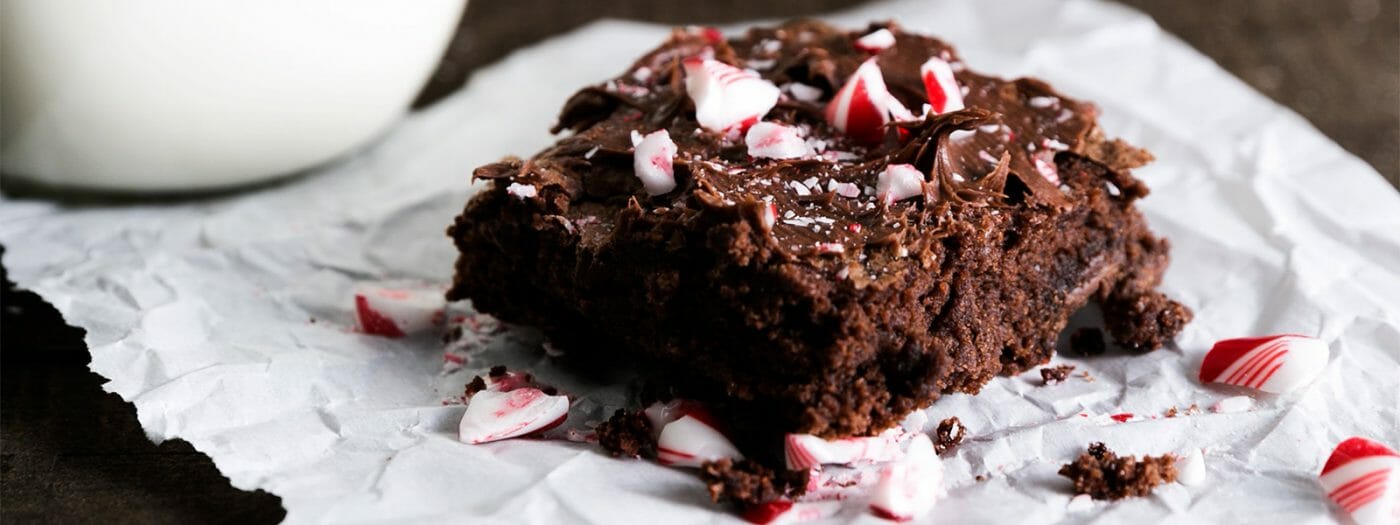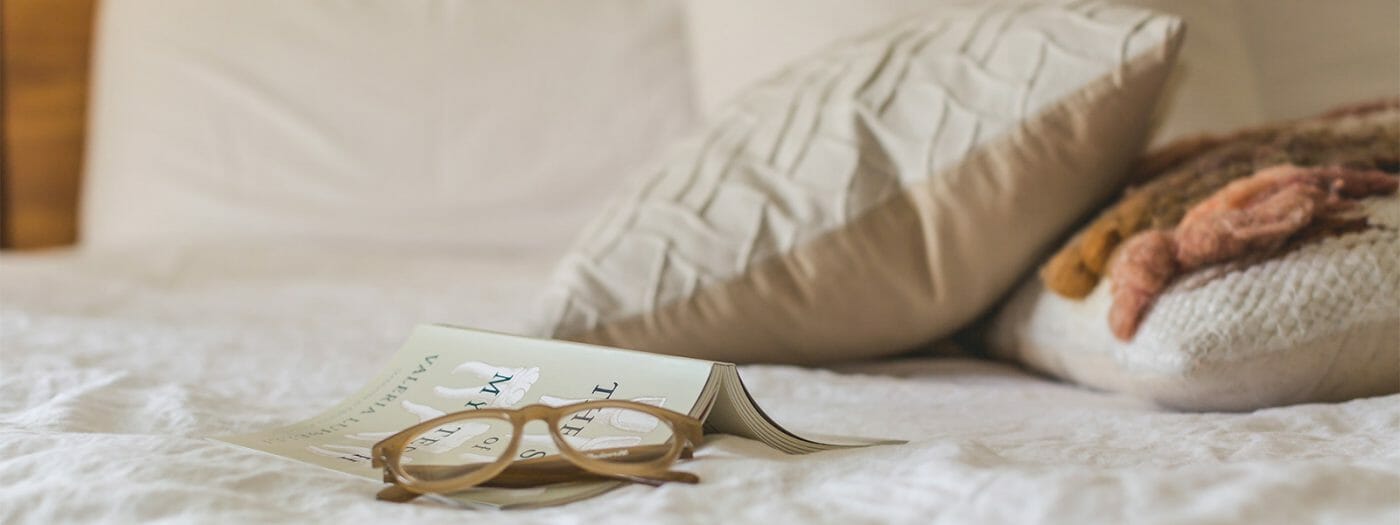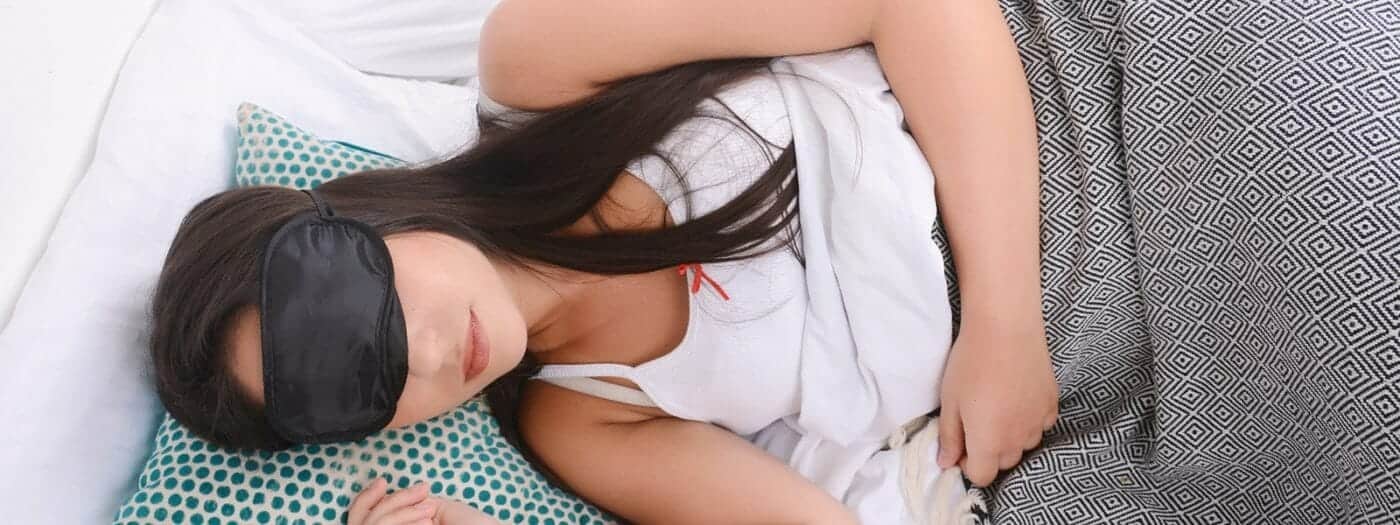Beauty Sleep
Is your Sleep Rhythym Feeling Out of Sync?
I don’t know about you… but here in Victoria with daylight savings, warmer weather and a bit more on my plate… my sleep pattern hasn’t been like it usually is.
So my goal this month is to get into some better sleep habits to reset my rhythm (Circadian Rhythm)
(and yes, that’s me above sporting a pair of our Ecology Blue Light Blocking Glasses)
So what is a Circadian Rhythm and why does it affect our sleep?
The circadian rhythm is like your internal body clock.
It cycles between keeping you alert and making you feel a bit sleepy.
(so keeping you awake and keeping you asleep)
But there are external factors that can disrupt our internal body clock, like:
- Our lifestyle,
- The environment we’re in, and also
- What we eat and drink (especially before bed)
When this clock gets disrupted it will affect our sleep.
Which in turn can have negative consequences for our mental and physical well being.
I’ll be using the following sleep tactics to get myself into a better sleep rhythm over the next couple of months.
And if you struggle to get to sleep, or wake up during the night… or you don’t feel like you’re getting enough quality sleep, then you might find these sleep tactics helpful too.
So here are 4 Tactics for Resetting your Sleep Cycle…
#1. Be mindful of light exposure

When it’s dark at night, our eyes send a signal to a part of our brain that sets our sleep cycle.
This signals our brain to produce melatonin that will make us feel sleepy and will also keep us asleep.
So we need natural light and dark for this to happen.
Even blue light from our phones and computers, can reduce our melatonin levels after dark.
TRY THIS:
- Avoid screens (laptops, phones, tablets, TV, computer) for at least 1 hour before you plan on going to bed. This will reduce your blue light exposure. Our Blue Blocker glasses can also be helpful for reducing blue light exposure before bed
- Switch to lower light levels at night time. Think: candles, salt lamps or dimmed light globes.
- Make sure your bedroom is totally dark. Have ‘black out’ curtains that you can’t see streetlight through.
- Turn off or cover any standby lights. Avoid digital clocks close to the bed or consider wearing a sleep mask.
- Getting some natural light during the day! …Try to get some natural sun in the morning, during the day and in the evening. Making sure your body knows when it’s sunrise, middle of the day and dusk. Go for a walk or eat your lunch outside in the sun
#2. Work backwards to your bedtime
How much sleep we need can vary with age.
You might think that you can survive on minimal amounts of sleep.
But are you actually giving your body enough time to rest and repair?
…and despite what we want to believe, we can’t really ‘catch up’ on sleep on the weekends.
General guidelines for restorative sleep are:
Infants: 12-15 hours
Toddlers: 11-14 hours
School aged children: 9-11 hours
Teenagers: 8-10 hours
Adults: 7-9 hours
TRY THIS:
- Sticking to a bedtime routine (even on the weekends) will have you feeling less tired all round.
- A good idea is to work backwards from your alarm clock ‘wake up time’ to get to your best bedtime
- So if you need to be up at 6:30am, you’ll want to be winding down for bed around 9:30-10pm
#3. Notice what you eat and drink during the day + before bed

We have another important body chemical called Adenosine.
This has the job of building ‘sleep pressure’ during the day.
Once your ‘sleep pressure’ hits a certain level, it’s a signal for your body to go to sleep.
Caffeine disrupts this response.
Particularly when your ‘sleep pressure’ should building higher in the afternoon.
So even if you don’t think your afternoon coffee or chocolate snack is affecting you… it will be.
TRY THIS:
- Avoid caffeinated drinks and food (yes, this includes chocolate) in the afternoon.
- Try eating in a 10-11 hour window. For example if you have breakfast at around 8am, look at having your last meal at 7pm. This idea isn’t only good for your sleep cycle, it can also be helpful for metabolism and even the health of your gut!
- Alcohol. Even though you think that a glass of wine will help you sleep… it will actually stop you from having good quality, restorative sleep.
- Non-caffeinated herbal tea. Instead of a glass of wine, look at having a calming tea like chamomile or lemon balm to help you relax at night
#4. Make your bedroom a place for rest

TRY THIS:
- Limit sounds that you can hear at night. Even if it means having to wear earplugs.
- Keep the temperature on the cooler side of things rather than warmer. Bedding made from natural and breathable fibers, will help your body self regulate.
- Personalise your space and make it your sanctuary. Maybe a nice essential oil room spray, a weighted blanket or some fluffy pillows.
These sleep tactics are helpful at any time of the year…
…or any time we’re having difficulty with getting to sleep or staying asleep.
If you’ve given these tactics a go for a couple of months and you’re still struggling… it would be worth having a chat with your practitioner to see if there’s anything deeper going on for you.


